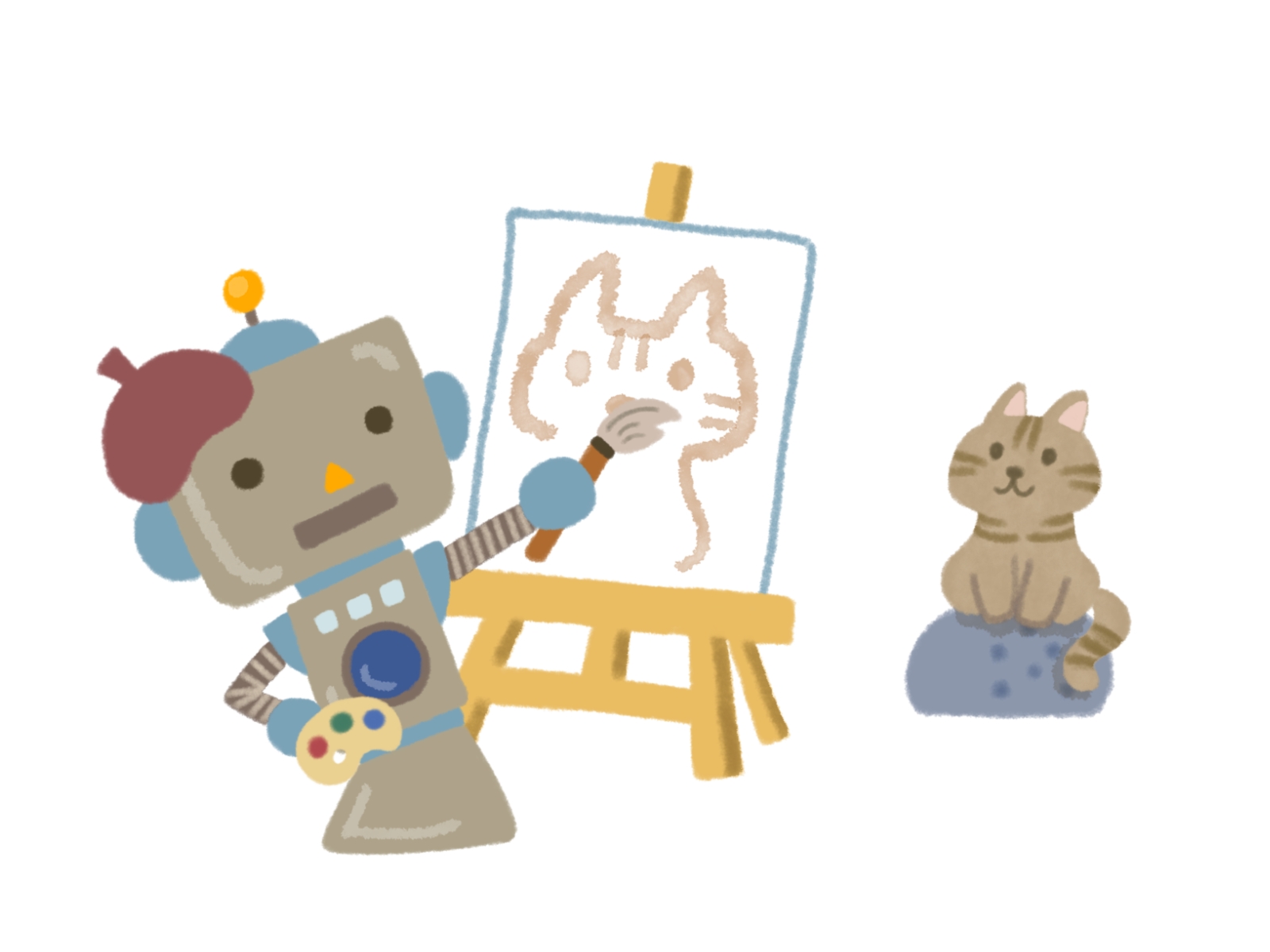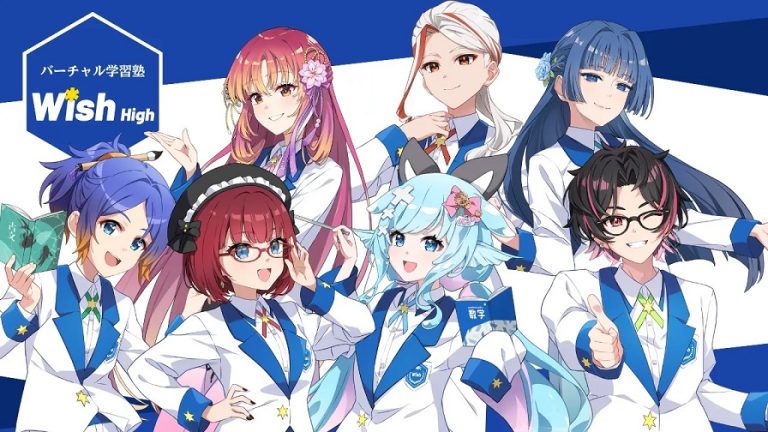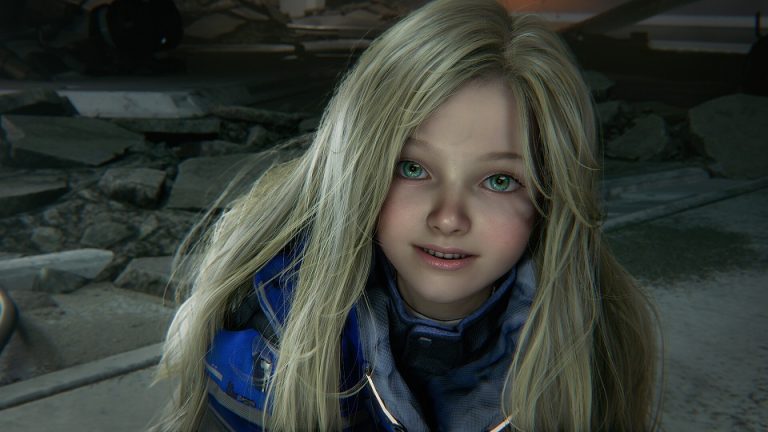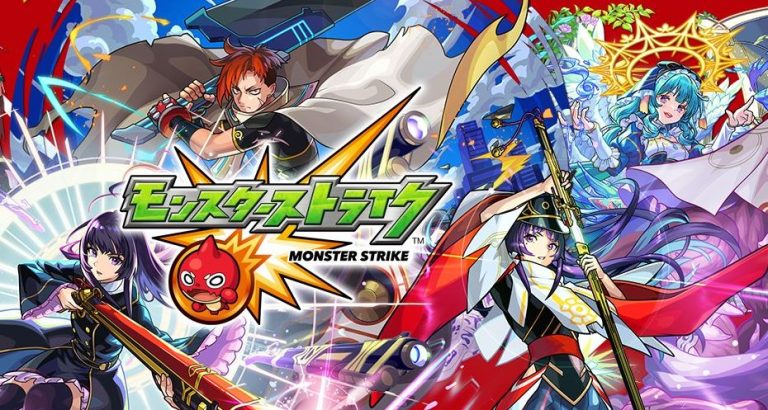A recent survey conducted by the Nippon Anime & Film Culture Association (NAFCA), on the topic of the use of generative artificial intelligence, investigates trends in how industry professionals feel about the use of AI and in what cases they feel the use of the technology should be legally restricted. The survey results indicate that a majority of anime industry professionals are in support of placing restrictions on the use of AI. However, in comparison to individuals in non-industry positions, industry professionals were more open to the utilization of the technology.
The Nippon Anime & Film Culture Association (NAFCA), established in April of this year, is an organization that aims to improve the conditions of those working in the anime and film industry. In June, the association put together a survey regarding the use of artificial intelligence and whether or not the technology should be regulated by law.
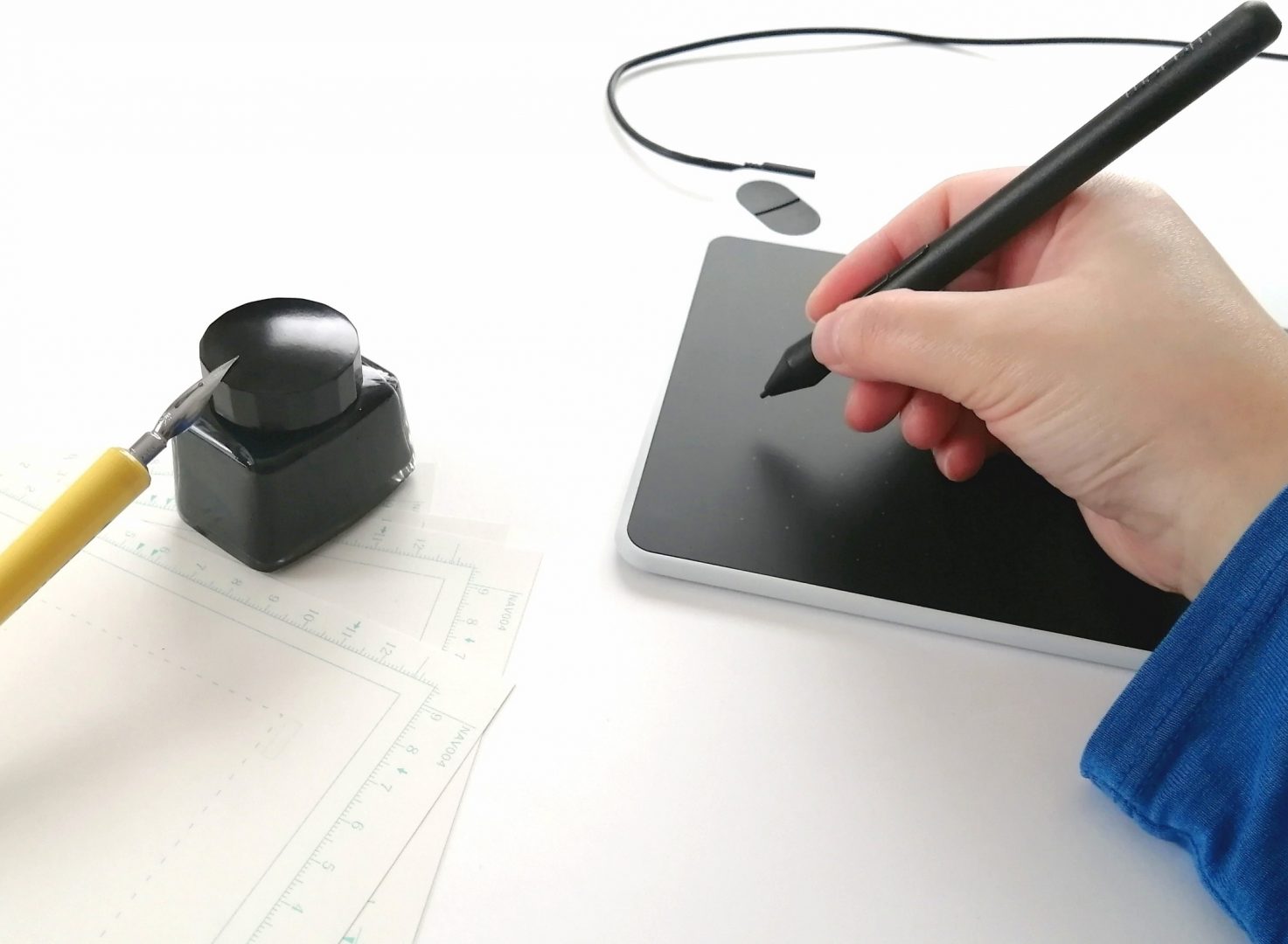
According to NAFCA’s official website, in just three weeks, close to four thousand individuals participated in the survey, a portion of which belongs to Japan’s animation industry. The large number of industry professionals who decided to participate tells of the pressing nature of the issue of AI currently.
In NAFCA’s survey, when individuals in the anime industry were asked if they thought the use of generative artificial intelligence should be regulated by law (without being given a particular example of use), over 70% responded affirmatively to total or partial restrictions in use. Of the 24 job positions represented in the survey, animators were a majority, followed by CG animators/designers, character designers, and animation directors. Based on the large number of individuals who decided to participate in the survey working specifically in animation roles, it appears that animators may have a greater concern regarding AI compared to those working in other positions in the industry, such as illustrators, music producers, and system engineers.
When specific examples of different uses of AI were proposed, respondents showed different attitudes depending on the nature of the use. Many of the participants were largely in favor of stricter regulations for AI use such as mimicking the sound of someone’s voice, however utilizing AI for other reasons, such as to alter a photograph, had more of a mixed response. When participants were asked if using AI to alter an environment, such as a cityscape, a smaller 60% still believed that AI should be regulated in this case. However, when asked if the use of AI to generate a non-existent person should be restricted, only 29.7% of participants were still in favor of restrictions against the technology.
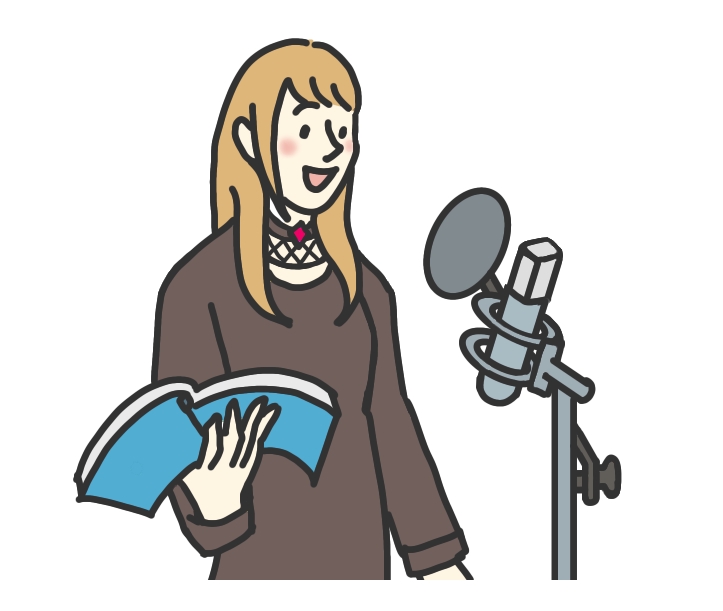
In the portion of the survey where participants could freely share their opinions on the matter, the most common words that popped up in many participants’ responses were the words “expectation” and “concern.” Although some participants of the survey mentioned having a desire to use generative AI as a tool in their productions, for the majority of the artists, the ethics of whether or not the technology infringes on the rights of others is still a troubling worry. When participants were asked what type of regulations they would like to see implemented, 80% reported that they wanted to enforce the rule that AI learning should be performed using only material that has been authorized by the creator, also mentioning that they want penalties in place in case this rule is broken.
Additionally, compared to the polls that inquired about the use of AI in general, the total results of the polls which used specific examples showed that anime industry professionals had a more liberal view of the use of AI, with 57% being for restrictions, while non-industry professionals were somewhat stricter at 75.5%.
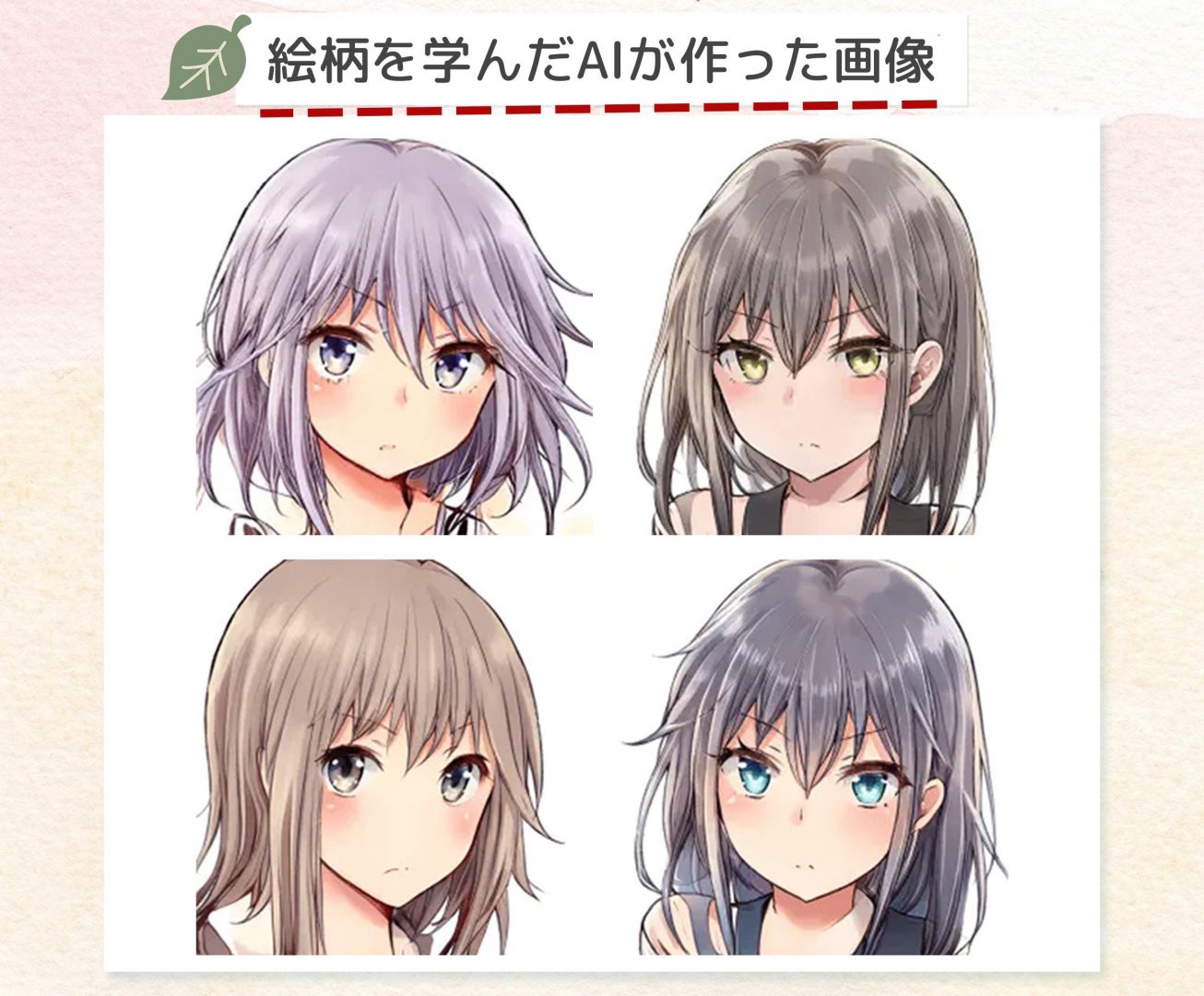
Over the years the use of generative AI in creative fields of work has become a relatively hot topic with many artists having concerns about job security, copyright infringement, and art theft. Numerous cases of artists unknowingly having their works used as source material in data training for AI have also been reported. Just last year a Japanese AI-generating service (Related article) allowing users to create their own anime characters by mimicking the styles of other artists came under some heat for using copyrighted images.
NAFCA’s survey concludes by stating “Moving forward, NAFCA will continue its investigations into the impact of AI on existing rights such as copyrights, portrait rights, and publicity rights, as well as appropriate regulations for utilizing AI in commercial anime production. We aim to explore and work towards the future of the anime industry that should be.”
Generative AI is a powerful tool that can help assist creators with various tasks and increase productivity, however, it seems many individuals in the anime industry would like to see more regulations placed on how the technology can be used. If organizations like NAFCA continue to advocate for workers, it’s possible that laws regarding the use of AI may be implemented in the future.

